Christian Horner has issued a fresh call for changes to be made to next year's F1 power unit amid concerns over battery deployment.
As part of the regulation overhaul planned for 2026, the power unit output is set to have an equal split between the battery and the internal combustion engine - a significant increase from the current build.
However, a number of drivers have voiced their distress over their initial experience with the 2026 cars on the simulator.
At a recent F1 Commission meeting, F1 teams discussed the concern that cars could run out of energy halfway down some straights.
It sparked the idea of reducing the battery deployment in the race and create a 64/36 split in favour of the combustion engine.
However, drivers would have the possibility to boost their battery output manually with a push-to-pass system when in an on-track battle.
Horner has called on the F1 teams to seriously consider the rule change as momentum builds towards the sport's new era.
“There’s a discussion about what the engine for the future of F1 be, but that’s two, three or four years away,” Horner told Sky F1.
“Then there's a question of tidying up the current regulations that the FIA have put on the table.
“I think they finally had a good look at these regulations and they're seeing that next year there could be a huge amount of lift and coasting during the course of a grand prix.
“That’s going to drive the drivers mad, the cars are obviously going to have DRS open at all times so there's not going to be the overtaking effect that you would [normally] see.
“So they tabled a proposal where we leave all the technical specifications the same, but we would just reduce the battery energy in the race so that you effectively have a push-to-pass.
“It has merit. I think in the bigger picture of F1, it’s, it's definitely worth consideration.
“It doesn't change the spec, it doesn't change the maximum power of these engines. It's just when the deployment is.”
Viewed by others:
F1 manufacturers should consider 'interest of the sport'
In order to get such a rule alteration across the line, a super majority vote is needed.
This means all but one of the power unit manufacturers must vote in favour of making the late change.
While some teams may spy an advantage by capitalising on other manufacturers' misfortunes, Horner stated it would be for the greater good of F1 to alter the regulations.
“You need a super majority but I think sometimes you've got to look at the interest of the sport,” he added.
“We all believe that we've got good power units for next year. What we just want to avoid is we're going to have lift and coasting in qualifying at some races next year.
“To have it to such a degree in the race, particularly at certain circuits, it will be particularly bad. I think it's well worth a look at because it's going to be a factor.
“Without DRS being available next year, with very low downforce on the on the straights as we're trying to recharge these batteries would it be a bad thing to have a push to pass?
“At the moment, the racing great is tight. If drivers are having to lift and coast halfway down the straight at certain tracks, it’s going to be pretty brutal.”
Don't miss out on any of the Formula 1 action thanks to this handy 2026 F1 calendar that can be easily loaded into your smartphone or PC.
Download the calenderMost read
In this article
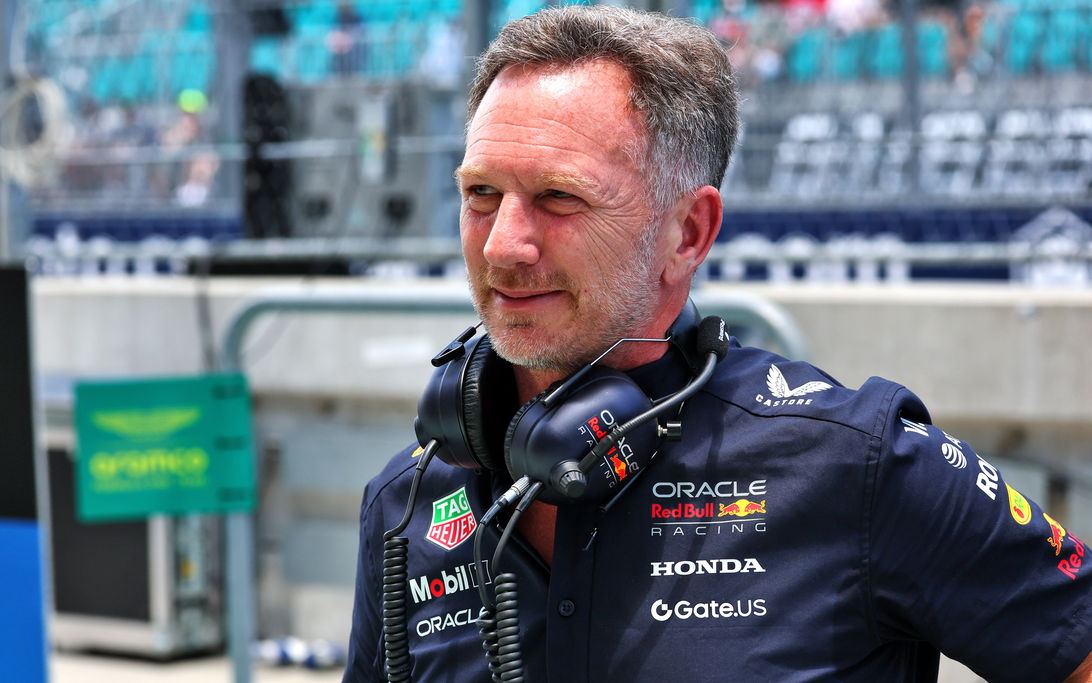
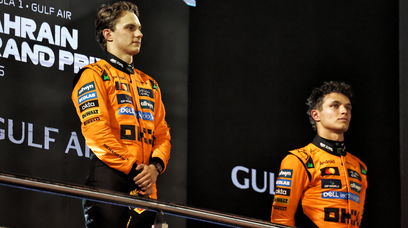
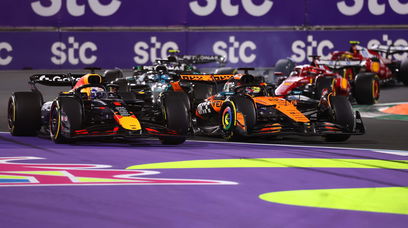

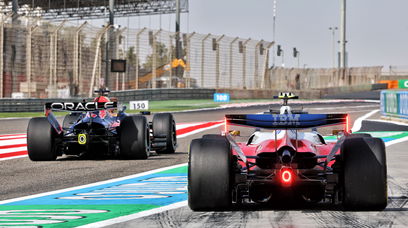
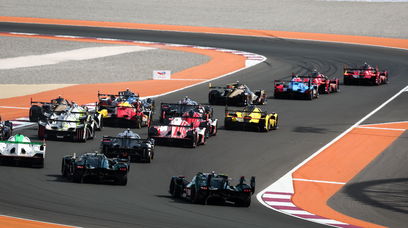
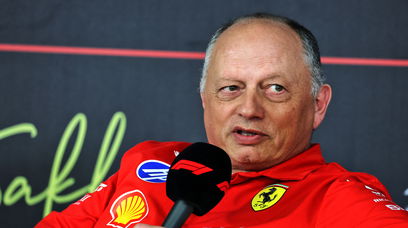
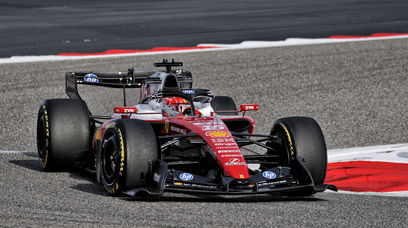
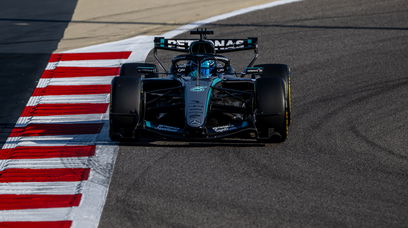
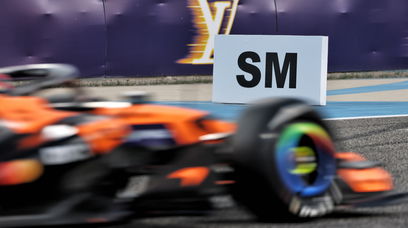
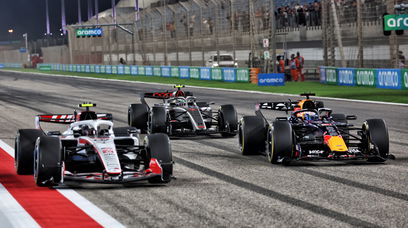

Join the conversation!